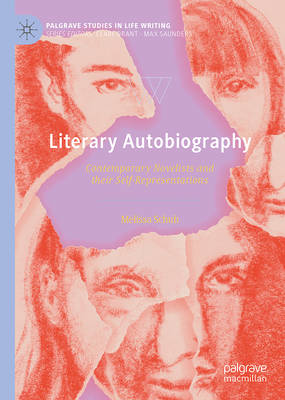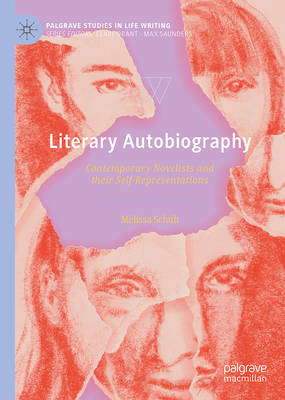
- Retrait gratuit dans votre magasin Club
- 7.000.000 titres dans notre catalogue
- Payer en toute sécurité
- Toujours un magasin près de chez vous
- Retrait gratuit dans votre magasin Club
- 7.000.0000 titres dans notre catalogue
- Payer en toute sécurité
- Toujours un magasin près de chez vous
Description
Why do novelists write about themselves? What modes do novelists use to manipulate representations of their personality? Why is it often late in their career that novelists write about their own lives? This book develops the concept of literary autobiography as a genre responding to a profound uncertainty about the knowability of the self, often negotiated through a particular concern with the writing life. Comprising a particular sub-genre and style of contemporary life writing, the autobiographies examined in this book foreground their formal 'literariness' through the explicit use of fictionality, disrupting established (auto)biographical tropes by employing narrative innovations associated with postmodern fiction and prefigured by modernist experimentation. Taken together, they exemplify an aesthetics of performative contradiction, in which novelistic strategies cast doubt on the veracity of the life represented. Exploring works by canonical and popular novelists - J.M. Coetzee, Philip Roth, Günter Grass, Elena Ferrante, and Karl Ove Knausgård - this book addresses the increasing novelisation of contemporary life writing, analysing the related ethical and aesthetic implications of fictionality. More widely, it discusses the current popularity, prevalence of and public appetite for life writing, mapping out the reception and ambiguous position of literary autobiography within the literary marketplace and its adjoining bodies of criticism.
Spécifications
Parties prenantes
- Auteur(s) :
- Editeur:
Contenu
- Nombre de pages :
- 244
- Langue:
- Anglais
- Collection :
Caractéristiques
- EAN:
- 9783032004109
- Date de parution :
- 05-11-25
- Format:
- Livre relié
- Format numérique:
- Genaaid
- Dimensions :
- 148 mm x 210 mm

Les avis
Nous publions uniquement les avis qui respectent les conditions requises. Consultez nos conditions pour les avis.






